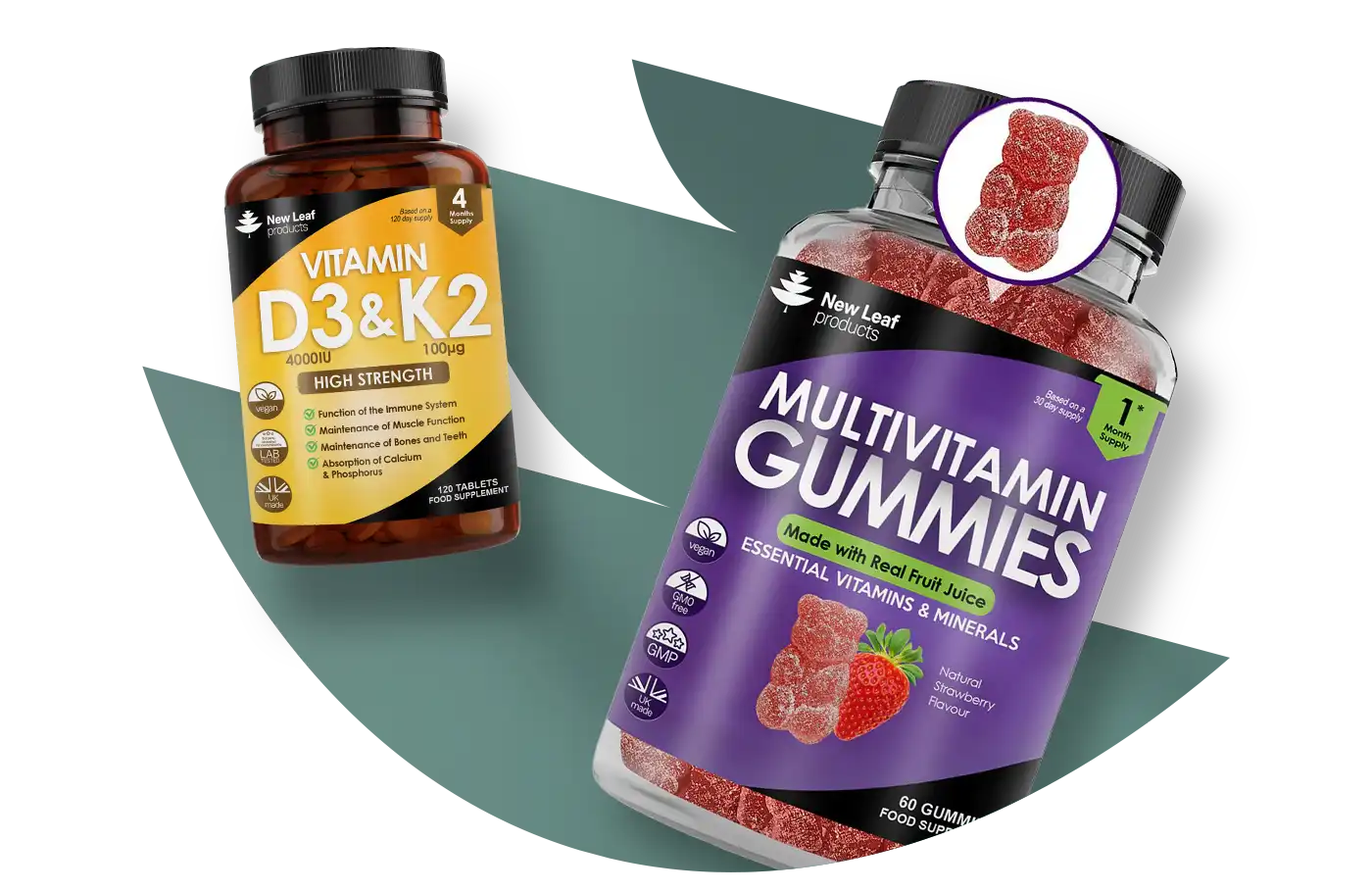
Bloating is when the abdomen becomes full of trapped gas, which causes it to distend and feel very tight. This increased pressure can be very uncomfortable and can often lead to stomach pains. Bloating is very common and is seen in roughly 16-31% of the population, usually going away after a short period of time.
Symptoms of bloating include:
A fuller, bigger stomach than usual
Stomach pains
Stomach rumbling noises
Increased flatulence
In this article, we reveal foods that reduce bloating along with other things you can do to help reduce trapped gas.
What causes bloating?
Bloating happens when your gastrointestinal tract (your entire digestive system that runs from your mouth to your anus) becomes filled with gas. This can be caused by:
Swallowing too much air as you eat
Gases released from the fermentation of food in your gut
Eating certain foods. Salt, fat and sugar are known to cause bloating
Eating too much or too fast
Digestive problems, such as irritable bowel syndrome, food intolerances and constipation
The menstrual cycle
Imbalances in gut microbiome
Chronic unresolved bloating can be a sign of more serious health conditions, so always seek medical advice from your doctor.
How to reduce bloating
Avoid foods that trigger bloating
To help prevent bloating, it’s important to determine if there are any foods in particular that trigger it. These triggers can vary from person to person and it can be difficult to determine the root of the cause. Food diaries can be very helpful with this.
FODMAPs are short chain carbohydrates that are difficult to digest and are a common cause of bloating, with some people being more tolerant than others. People with digestive disorders such as irritable bowel syndrome (IBS) are often especially sensitive to them. Multiple studies have found that reducing the amount of FODMAPs in the diet can improve bloating and other IBS symptoms.

Food intolerances are also common causes of bloating. For example, if your body doesn’t produce enough lactase, an enzyme responsible for the breakdown of a sugar called lactose in milk and other dairy products, you are likely to experience stomach discomfort and bloating. This is known as lactose intolerance.
Foods that are high in compounds that are difficult to digest, such as some fibres and sugars, make their way to your large intestine where they are fermented by bacteria, which release gas as a by-product. Common foods that trigger bloating include, cabbage, broccoli, apples, wheat, oats, lentils and products containing artificial sweeteners.
Salty and fatty foods can also cause bloating, as a high salt intake increases water retention in the gut, and fats slow digestion and retain gas.
Avoid swallowing air
Swallowing a large amount of air when you eat can potentially lead to bloating and add to the gas in your gastrointestinal tract. To avoid air getting into your gut, try to eat slower and not with your mouth open, avoid chewing gum and limit your intake of fizzy drinks.
Exercise regularly
Exercise is well known to help relieve discomfort from bloating, by helping remove gas from your digestive tract. According to one study, light exercise following a meal can be especially beneficial for preventing bloating and aiding digestion.

Support regular bowel movements
Bloating is a very common side effect of constipation. This is because food that hangs around in your colon that cannot be digested properly is subject to further fermentation by bacteria, leading to excess gas production. Psyllium husk is a form of fibre commonly taken to improve digestion and ease constipation. By soaking up water in the gut, it acts as a natural laxative which makes bowel movements easier and more regular.
Smaller portions
Eating a large portion of food that is high in difficult to digest compounds, such as wheat and some carbohydrates, is likely to cause bloating. This is because the more food there is to digest in your colon, the more gases that will be released as a result. Large portions may also stretch your stomach, creating a larger space for gases and solids to collect.



